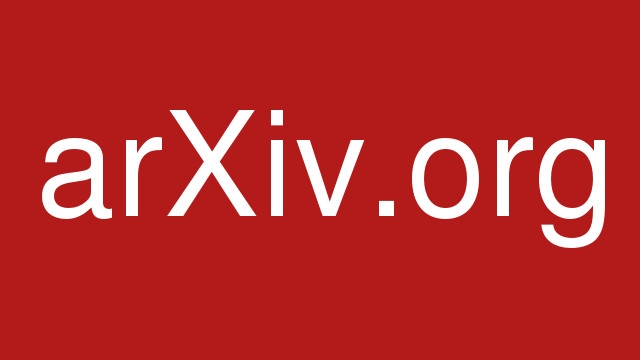
Open access to scholarly knowledge in the digital era (section 4): Archives and preservation
This article introduces section 4 of a series of articles summarising the book Reassembling Scholarly Communications: Histories, Infrastructures, and Global Politics of Open Access.
The fourth section of the series turns its focus to archives and preservation.
4.1 – Libraries, museums, and archives as speculative knowledge infrastructure
Bethany Nowviskie turns to the ways in which we might encode Afrofuturist thinking and assumptions into our current and future practices. For Nowviskie, the colonial assumptions about knowledge production and reception condition the possibilities for our understanding. In Noviskie’s thinking, we must understand openness as an openness to broader community ownership and involvement, openness to richer scholarly endeavors, and openness for creative or speculative ends.
4.2 – Preserving the past for the future – whose past? Everyone’s future
In her chapter, April M. Hathcock documents the difficulties here in the silences of the archive that we are creating. In considering the inequalities of the scholarly communications system, Hathcock’s analysis makes clear the ways in which our choices of selection in the present – shaped by problematic histories and discriminatory contemporary politics – condition the futures of scholarship that are possible. Presenting a complex set of temporal conditions for thinking about digital preservation, Hathcock’s chapter warns us of difficulties of archival silence. For one of the biggest concerns of scholarship in the present is that it be rigorously preserved for the future. Since the footnote constitutes, for the most part, our only way of verifying the epistemic claims of scholarship, such matters of preservation – but also matters of what material is selected for preservation – are paramount.
4.3 – Digital humanities and print-centered communications
Turning inward toward the academy, Dorothea Salo identifies the ways in which problematic politics manifest themselves in university career pathways that continue to turn scholars toward print. Riffing on the well-known Stanley Fish essay, “Is There a Text in This Class?,” Salo’s “Is There a Text in These Data?” shows us how difficult it is to jettison print for reasons of scarcity and prestige, even as we might be tempted to think that a switch to digital open publishing is merely a matter of time.
4.4 – The dangers of open access archives
In contrast to this, though, is István Rév’s chapter. Rév has spent a substantial amount of time working on sensitive archives; documentations of conflict, persecution, and other terrible events of great personal consequence. It would be of great benefit to the collective memory of our world for access to these archives to be open. Yet the dangers at the individual level are substantial and, Rév provocatively argues, the archive should destroy or keep inaccessible portions of its collection in order to serve the whole of society, rather than just historians.
Next part (chapter 4.1): Libraries, museums, and archives as speculative knowledge infrastructure.
Article source: This article is an edited summary drawn from the Introduction of the book Reassembling scholarly communications: Histories, infrastructures, and global politics of Open Access1 which has been published by MIT Press under a CC BY 4.0 Creative Commons license.
Article license: This article is published under a CC BY 4.0 Creative Commons license.
Reference:
- Eve, M. P., & Gray, J. (Eds.) (2020). Reassembling scholarly communications: Histories, infrastructures, and global politics of Open Access. MIT Press. ↩



